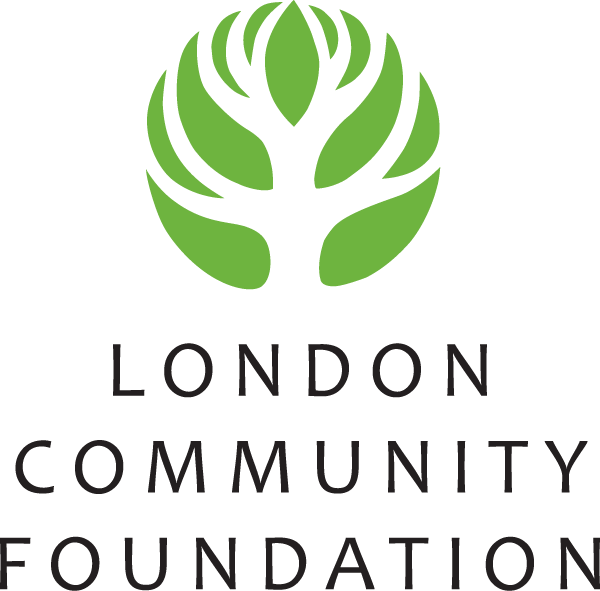Reflections on Canada’s National Day for Truth and Reconciliation
Reflections on Canada’s National Day for Truth and Reconciliation
by Martha Powell
As Canada’s first National Day for Truth and Reconciliation comes to a close, I wanted to share some reflections. This has been a year of reckoning for Indigenous communities. A day of healing, mourning, and understanding – the intent of National Truth and Reconciliation Day is not only to honour the thousands of victims and survivors of Canada’s past and present treatment of Indigenous communities, but also a day of reflection on how we can move forward toward a future of truth, compassion, and solidarity. Here are some of my learnings and reflections:
The real meaning behind Orange Shirt Day. I recently discovered that the significance of the orange shirt is based on the experience of an Indigenous woman, Philis Webstad whose orange shirt was taken away from her on her first day of attending residential school. This is an important reminder that there are stories behind each one of the children that attended these schools and we must honour them.
Check your privilege. We must recognize that as settlers, the fact that many of us have not had to give these issues much attention until fairly recently is a privilege in itself. The shock and disbelief many settlers were feeling when these atrocities were uncovered are traumas that Indigenous People live with every day. We must use this privilege to shift power, amplify and advocate for our Indigenous friends.
Unlearn, learn and re-learn. It’s okay to feel discomfort when learning about these issues, in fact it’s important to reflect and contemplate your personal feelings about it. We must be open to having these brave conversations. Give space to Indigenous leaders to share their truths.
Have empathy. While Indigenous people know their communities best and have valuable lived experience to share with us, we must remember that this is difficult emotional labour that can trigger past trauma. We must be empathetic and recognize that this work cannot go uncompensated or unrecognized. As settlers the onus is still on us to educate ourselves and seek out our own knowledge.
This is not a historical issue, it’s a current one. While the Residential School System is part of Canada’s history, the systemic racism and mistreatment of Indigenous Peoples by our government is still an open chapter that continues to inflict harm on Indigenous communities. For example, many Indigenous communities across Canada still do not have access to clean drinking water including Oneida of the Thames which is actively under a boil water advisory. Moreover, a recent study found that six out of 10 Indigenous people in London and Middlesex have experienced discrimination in the last three years, which is 20 percent higher than immigrants and other visible minorities.
The Indian Act. The Indian Act is a document built on a foundation of racism and sexism, and has been the root of decades of intergenerational trauma by enabling the Reserve system, Residential School System, the Sixties Scoop, and heavily restricting the right for Indigenous people to control their own affairs. In fact, the Government of Canada only declared the Indian Act free of gender discrimination in 2019.
ReconciliACTION. The Truth and Reconciliation calls to action are not merely recommendations - we must ACT on them if we wish to make reparations with Indigenous people and pave a more equitable and just path forward. It requires deep commitment. Do the work. How can you implement these recommendations in your organization or your life?
Learning, action and advocacy is an ongoing process. I encourage you to continue to engage in this process of learning and re-learning. Read the Truth and Reconciliation Commission of Canada’s 94 Calls to Action and the Final Report of the National Inquiry Into Missing and Murdered Indigenous Women and Girls, and seek out additional educational resources. Give back to Indigenous led organizations and have conversations with your friends and family that challenge stereotypes. Most importantly, be an active ally. We can’t change the past but we all have a role to play in building a better future, together.

